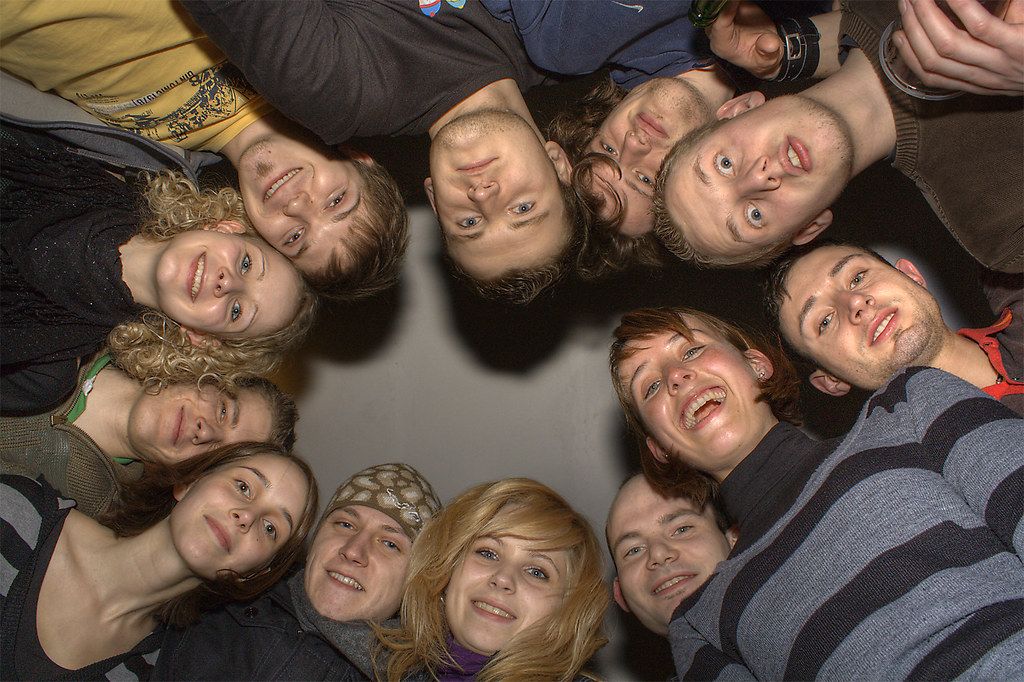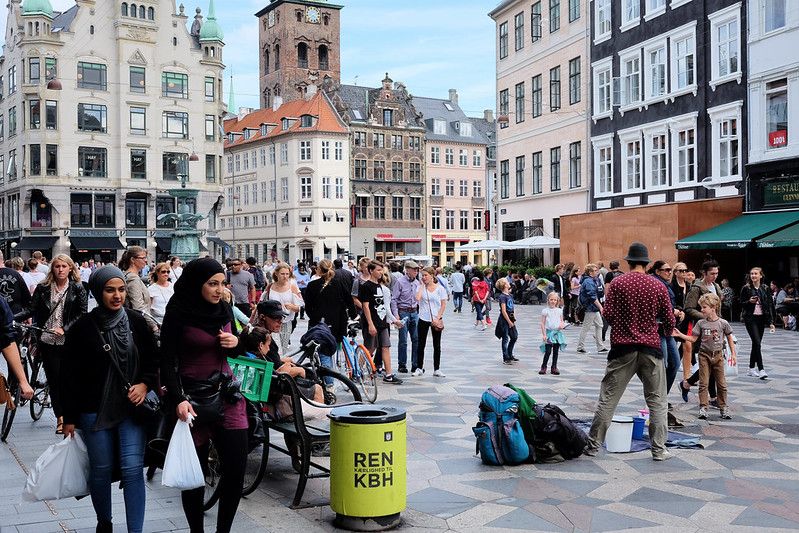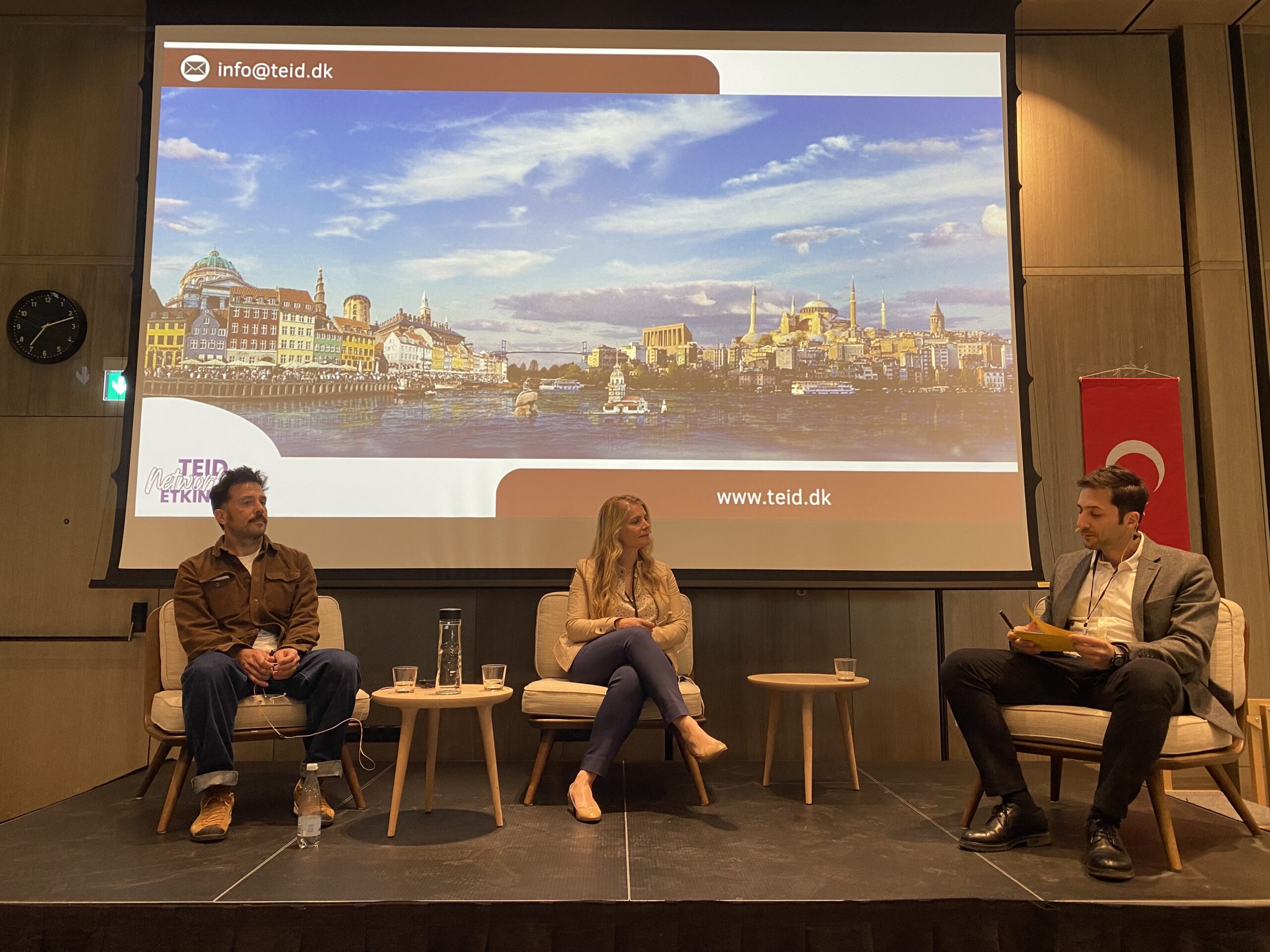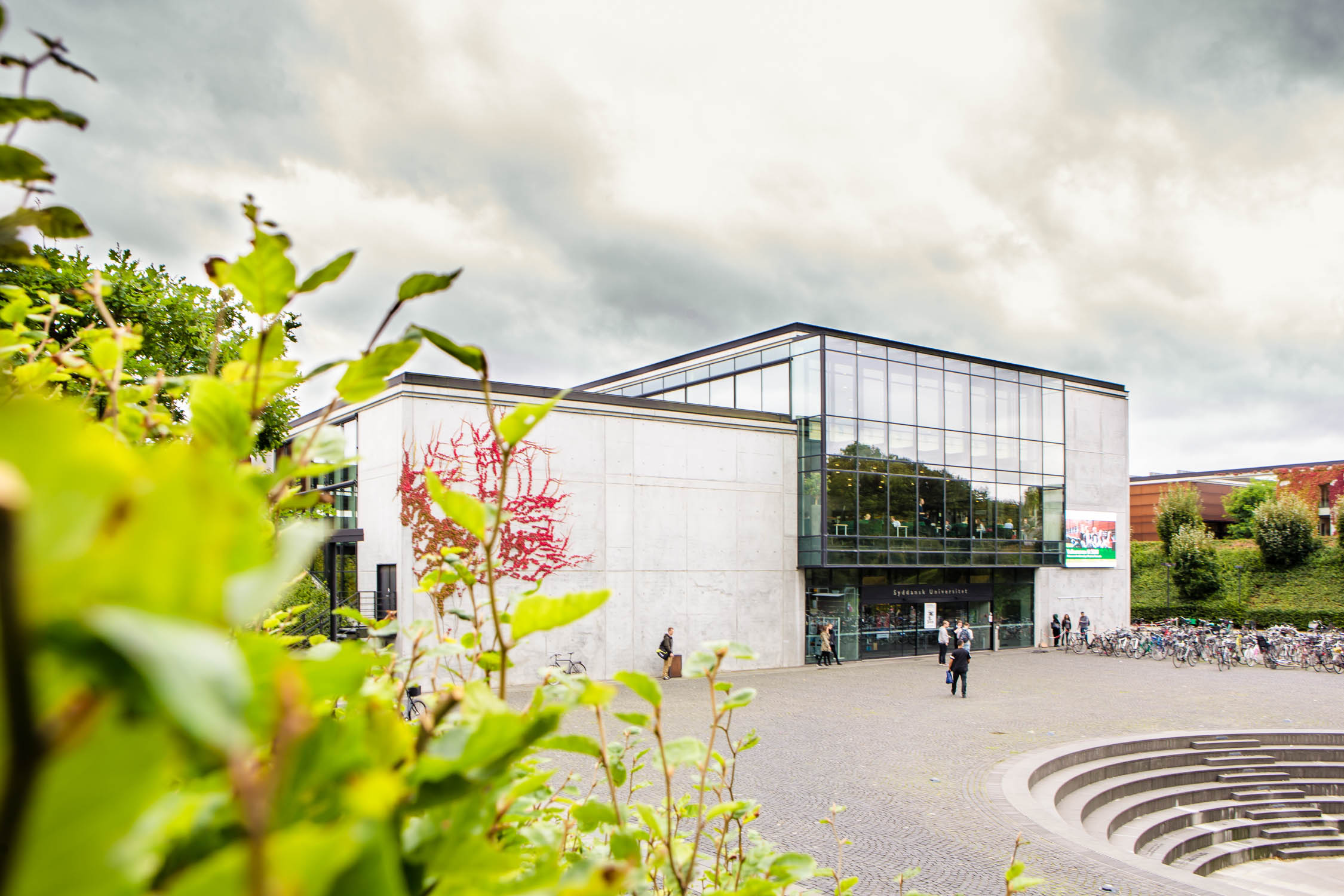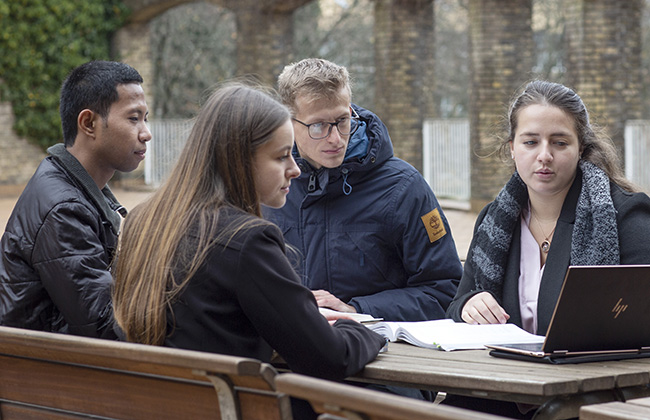People in Denmark are more likely to contract coronavirus through their close circle of friends, colleagues and family than any other means, according to a study carried out by Nordsjællands Hospital.
Carried out between October and December last year, it includes the responses of 90,000 people (out of 255,000 contacted), of which over a quarter were infected.
The study reveals that 69 percent of infected people in Denmark believe they probably got the coronavirus through a close contact.
Some 27 percent of all respondents blamed the workplace, 23 percent reckoned it happened at home, and 19 percent by a friend.
Proof that facemasks work?
Comparatively few blamed strangers, which surprised Dr Maria Lendorf, the project manager on the research project.
“It was a little surprising we did not find any increased risk of infection if you take public transport or go to grocery stores,” she told TV2.
The research was carried out at a time when cases were escalating during the second wave of the coronavirus, and while restaurants, bars and gyms were open, it was obligatory to wear facemasks.
The study’s results could be seen as demonstrating that facemask restrictions are effective – or at least in the minds of the participants of the study.
And also social distancing
Lendorf also contends that the results show that social distancing works.
“We also asked if the citizens complied with the state recommendations to keep your distance, avoid handshakes and stay more at home,” she revealed.
“With the citizens who said ‘Yes’, we could see a lower risk of being tested positive.”
Additionally the study confirmed there are certain jobs where people are far more at risk, including healthcare workers, teachers and students.

